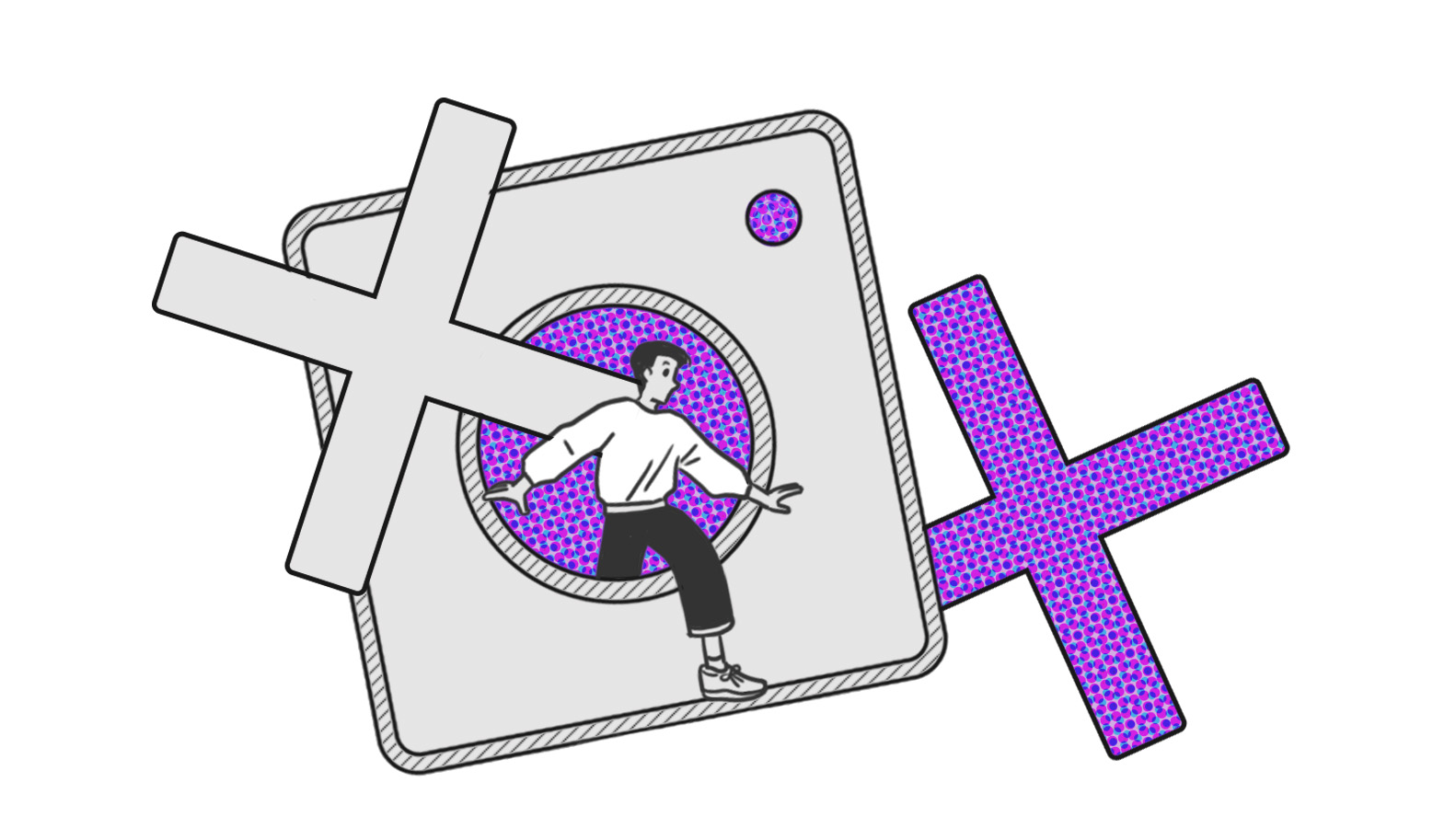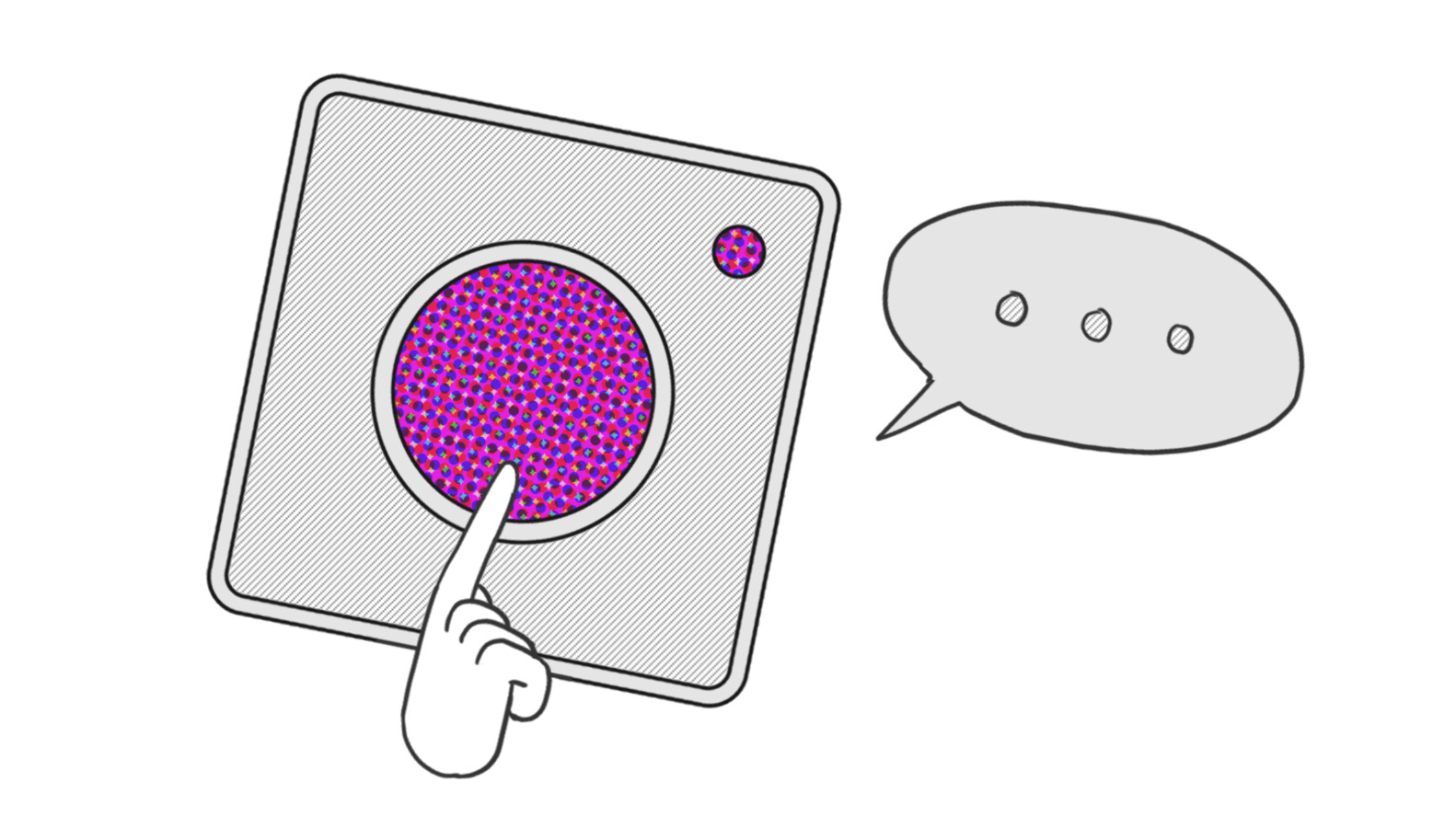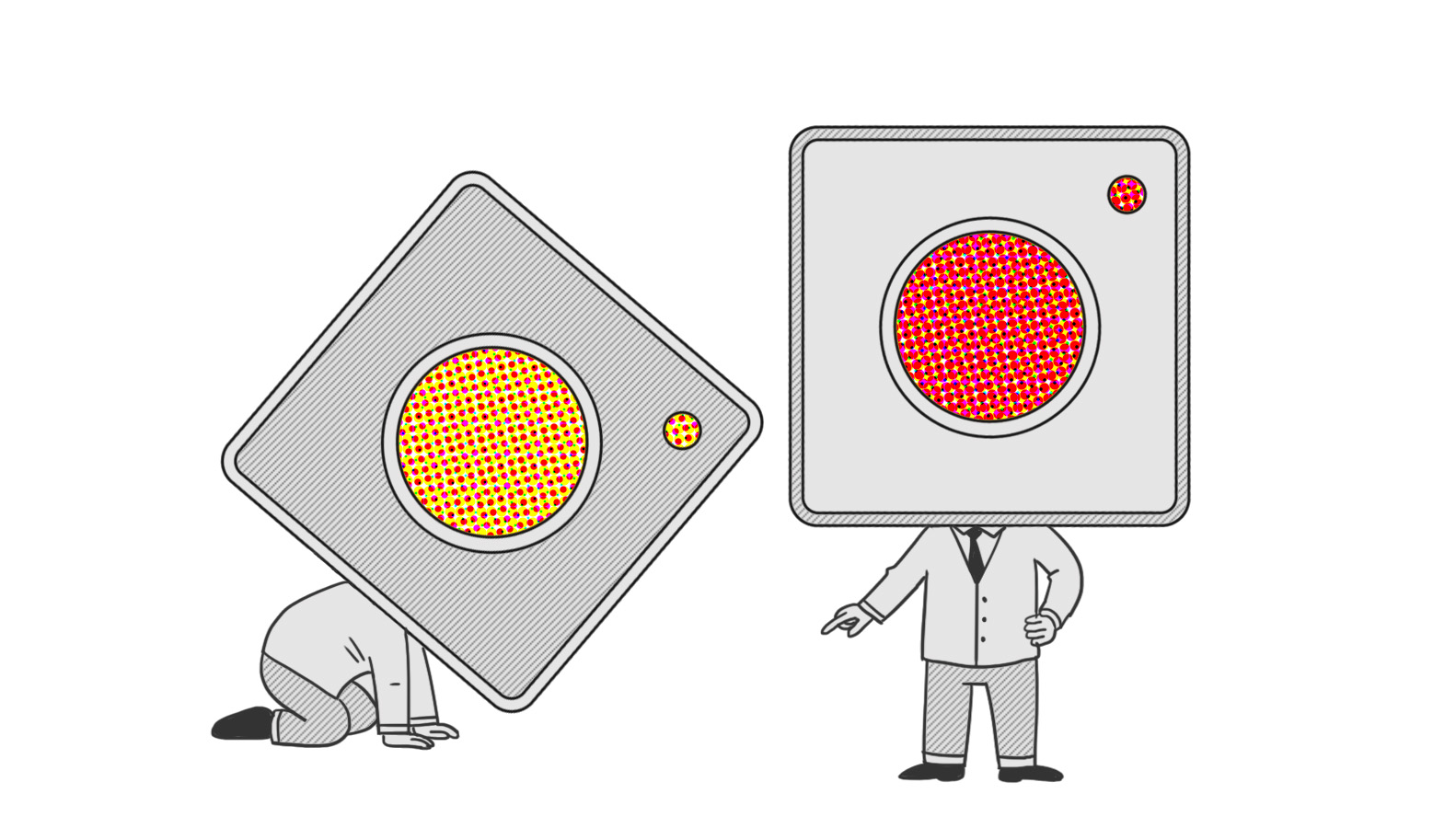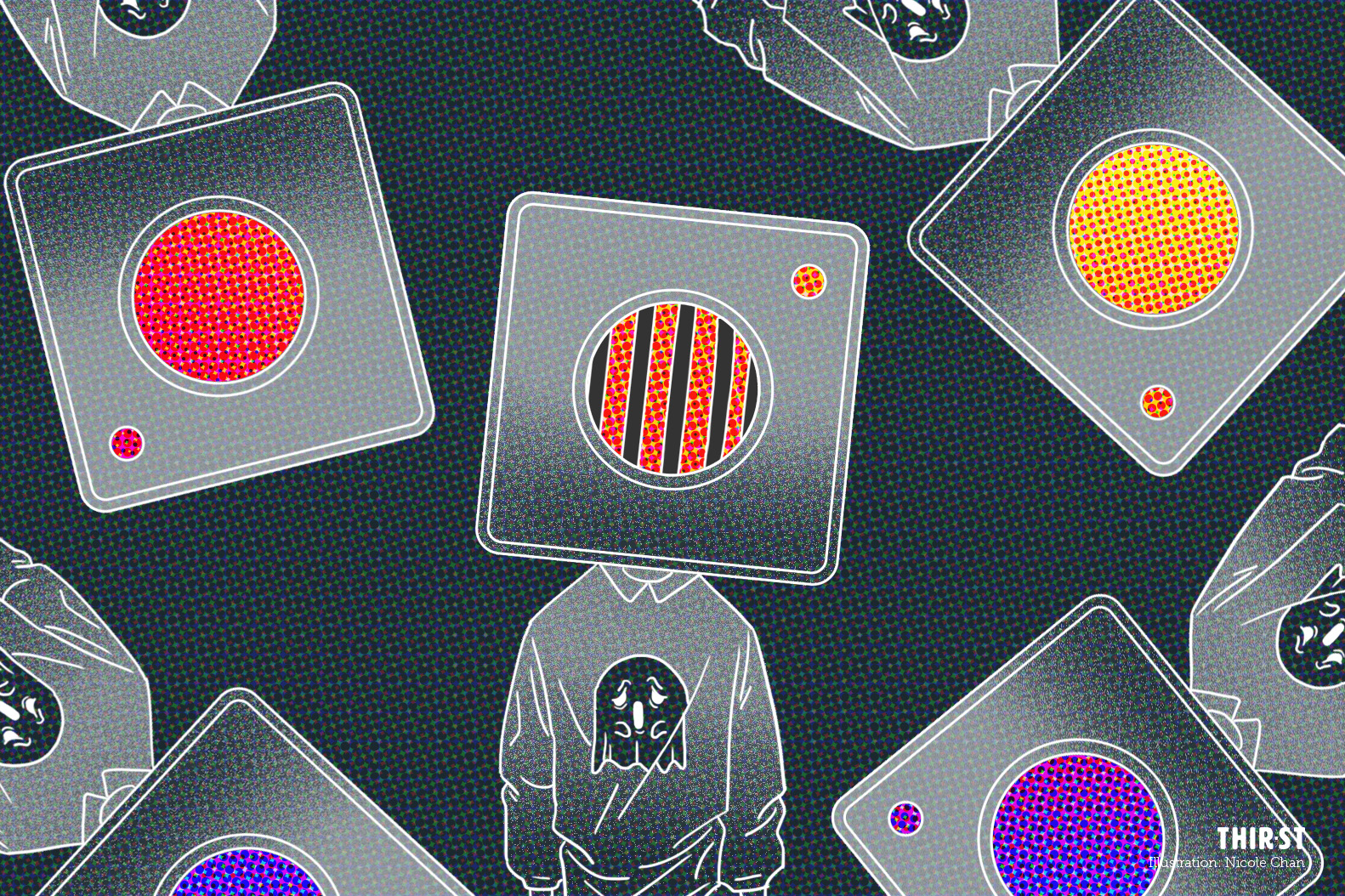This year’s Whole Life Inventory, a survey instrument designed for churches to assess and understand the health and needs of their congregation, highlighted that online addictions have grown with increased digital and screen use during COVID-19.
According to their findings, one in five Christian youth struggles with pornography, gaming and social media addictions.
I was surprised. One in five didn’t sound as bad as I thought it would be. But I’d be willing to go out on a limb to say that while you may not be addicted just yet, you may yet be dangerously close if you:
- Check your feed first thing in the morning and before bed compulsively
- Have memorised the sequence of swipes and taps to open Instagram on your phone by heart
- Toggle between social media apps just to refresh your feed every five minutes
GOING OFF THE ‘GRAM
My last post on Instagram was in 2015.
Since then, I’ve been quite the social media ghost. Yes, I’m that guy, the one who posts nothing but sees what everyone else is posting – probably not somebody you would have expected to need a break from Instagram.
But I was also that guy with the left-swipe-tap-in-the-top-left-corner muscle memory, reading captions like it were the news.
I guess nobody – not even a lurker or a ghost – is exempt from the mind-numbing draw of social media.
Everyone was thriving – why wasn’t I thriving like them?
The tipping point came when I realised Instagram was becoming emotionally unhealthy for me.
It was New Year’s Eve, where everyone was posting their 2020 reflections. It had been a turbulent year, no doubt, but suddenly at the turn of the year, everyone was looking back fondly on a year of seemingly unparalleled growth gone by.
Everyone was thriving – why wasn’t I thriving like them?
I couldn’t help but feel bad about myself after comparing my 2020 to the ones I had seen on my feed.
I knew I was on an emotional downward spiral, and I couldn’t snap out of it unless I stopped looking. I was so sick of it making me feel bad about myself all the time!
On an impulse, I deleted Instagram. I didn’t give myself a deadline, there was no expiry date. I wanted to do an Instagram fast indefinitely – until I no longer felt the urge to return. I was going cold turkey!
Having recently finished my fast, I’ve learned a lot and want to share some reflections of my time away from Instagram.
3 TAKEAWAYS FROM MY SOCIAL MEDIA FAST
1. Every “no” is a “yes” to something better
Honestly, deleting Instagram was so liberating, but it did take a while for me to get used to the crater it left in my home screen and my life in general.
The first day was the hardest. After turning on my phone, I reflexively swiped and tapped to open the app, before I realised there was nothing there to tap on.
What was I going to mindlessly scroll through to occupy my time while I was brushing my teeth?

I was so restless and jittery at the start, but those withdrawal symptoms confirmed my resolve to reclaim my sanity. To get rid of old habits, I knew I just had to get used to new ones.
It’s easier to say “no” to something when you say “yes” to something better. That, to me, has always been the key to overcoming bad habits.
I decided to fire up other apps on my phone. Facebook was a very tempting rebound, but I knew that that would be defeating the whole purpose of the fast.
So I turned to my YouVersion Bible app instead.
I decided that instead of being distracted by other people’s lives, I’d rather spend my time finding out more about God from the richness of His Word.
Suddenly, the minutes I spent brushing my teeth became a time for meditation on Scripture, which leads me on to my next point on silence and solitude.
2. Silence is golden
Just as scrolling through Instagram while brushing teeth was replaced by hearing my audio Bible, the time I would spend scrolling through Instagram on the commute was replaced by nothing but silence.
I confess, silence is not a discipline I excel in. And I am confident that I’m not alone in that. In a world obsessed with productivity and convenience, waiting is a waste of time. Silence is idleness.
“Real silence, real stillness, really holding one’s tongue, comes only as the sober consequence of spiritual silence.”
When was the last time you looked out the window and just paid attention to what was outside on your way to work or school?
I couldn’t remember the last time. I wouldn’t be looking anywhere else other than my phone. If I wasn’t on Instagram, I’d probably be reading the news or replying messages – basically, anything other than “nothing”.

It made me realise just how dependent I was on social media.
If I were feeling bored, I would satisfy that restlessness simply by whipping out my phone, which I take with me everywhere anyway, to scroll mindlessly through random posts that I probably didn’t care that much about anyway.
No wonder I fail at observing silence and solitude! But silence is not nothing, I’ve realised.
After hearing those few chapters of Scripture read out to me, I found myself enjoying the silence and stillness of the commute that followed. I could be in the middle of the peak hour rush, but still enjoy solitude.
It was because my mind was only occupied with nothing else but God and what His Word had spoken. It was a silence of the soul, that had not been crowded by the incessant chatter of social media which makes little room for the echoes of God’s voice.
Dietrich Bonhoeffer explains it with an incisive eloquence in Life Together:
“Silence is no longer seen in its essential relationship to the Word, as the simple act of the individual who falls silent under the Word of God. We are silent before hearing the Word because our thoughts are already focused on the Word, as children are quiet when they enter their father’s room. We are silent after hearing the Word because the Word is still speaking and living and dwelling within us.
We are silent early in the morning because God should have the first word, and we are silent before going to bed because the last word also belongs to God. We remain silent solely for the sake of the Word, not thereby to dishonor the Word but rather to honor and receive it properly. In the end, silence means nothing other than waiting for God’s Word and coming from God’s Word with a blessing. But everybody knows this is something that needs to be learned in these days when idle talk has gained the upper hand. Real silence, real stillness, really holding one’s tongue, comes only as the sober consequence of spiritual silence.”
3. Social media is a good servant, but a bad master
After a few weeks, I got so used to living without social media that it seemed almost daunting to download the app again.
At some point, I realised I could probably do this forever and considered deleting my Instagram account for good. Maybe it’s because I’m not a people person. Nonetheless, I was loving the disconnect.
I didn’t feel lonely because I had deleted Instagram. In fact, I felt more connected than ever. Previously, it was easy to feel the FOMO, looking at my friends who were out and about.
But now, I wasn’t feeling lousy about myself because I saw other people’s stories – whether it was about their gains in the stock market or at the gym.
And when I did meet up with friends, the topic of the conversation would no longer be about the gossip we had gathered from Instagram posts, since I wouldn’t be in the know anyway.

But it dawned on me that if I were to be cut off from social media, and by extension social interaction, just to be free from those crutches, that would be a shallow solution .
It wasn’t right for me to learn to hate social interaction just because I hated social media! So I decided I needed to get back online.
Social media is powerful – it gives everyone the power to create and consume in a democratised digital plane. I had not been using power to consume responsibly.
As such, it had leveraged on my insecurities and sinful tendencies and blown them out of proportion.
For me, it was that innate sense of envy and competition and a propensity for gossip. For others, it could be the need for acceptance or acknowledgement.
Social media isn’t the problem. We are. I became the problem when I let my envy take control of my Instagram account. I became the servant and Instagram, my master.
When I returned to Instagram and decided to test the waters by posting a picture of my girlfriend and I on my story, multiple friends of mine replied that they had no idea we were together, even though it had almost been two years.
I was surprised that my friends didn’t know about such a significant change in my life because I had been so private all this time.
Neither extreme seemed desirable. While being too connected was a previous stumbling block for me, so was being too withdrawn.
How was I supposed to show Christ in me, when no one could even see me?
Anyway, the truth is that social media isn’t going away either. What started off as a medium to connect and bring people closer together can still be that, if seen as servant and not master.
- What are your motivations in using social media?
- Do you consider yourself addicted to social media? What steps do you have to take to rewire that addiction?
- Does social media bring out the best or worst in you? How can you let it bring out the best in you?









